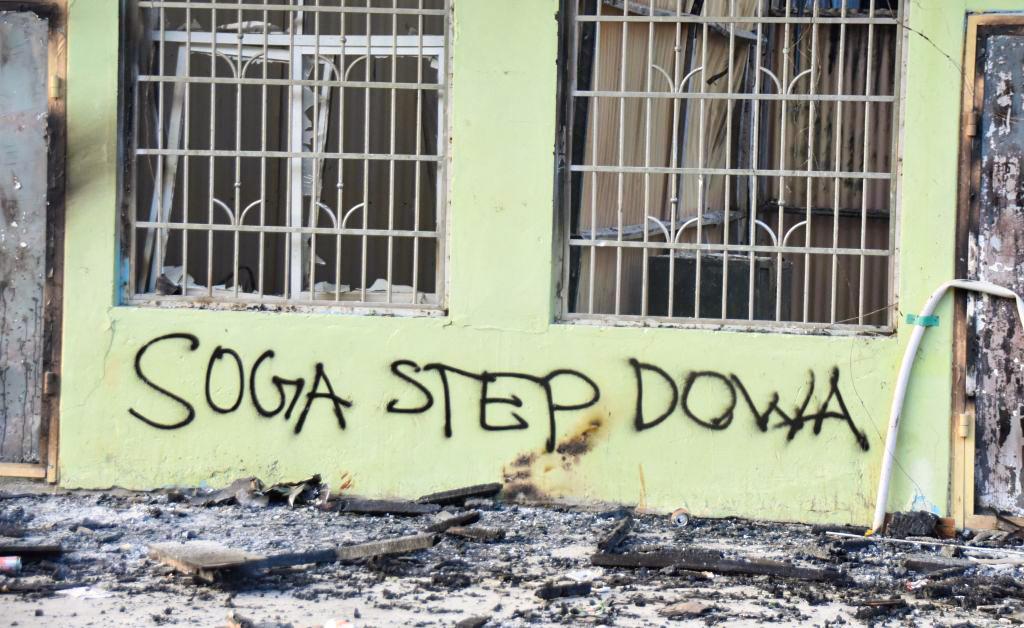The U.S. ambassador to the Solomon Islands has issued a warning against the misuse of aid funding and has spoken out for the first time on recent riots that saw parts of the capital, Honiara, burned to the ground.
Erin McKee, U.S. ambassador to Papua New Guinea, Solomon Islands, and Vanuatu, said development assistance was an “investment in people, from the American people.”





